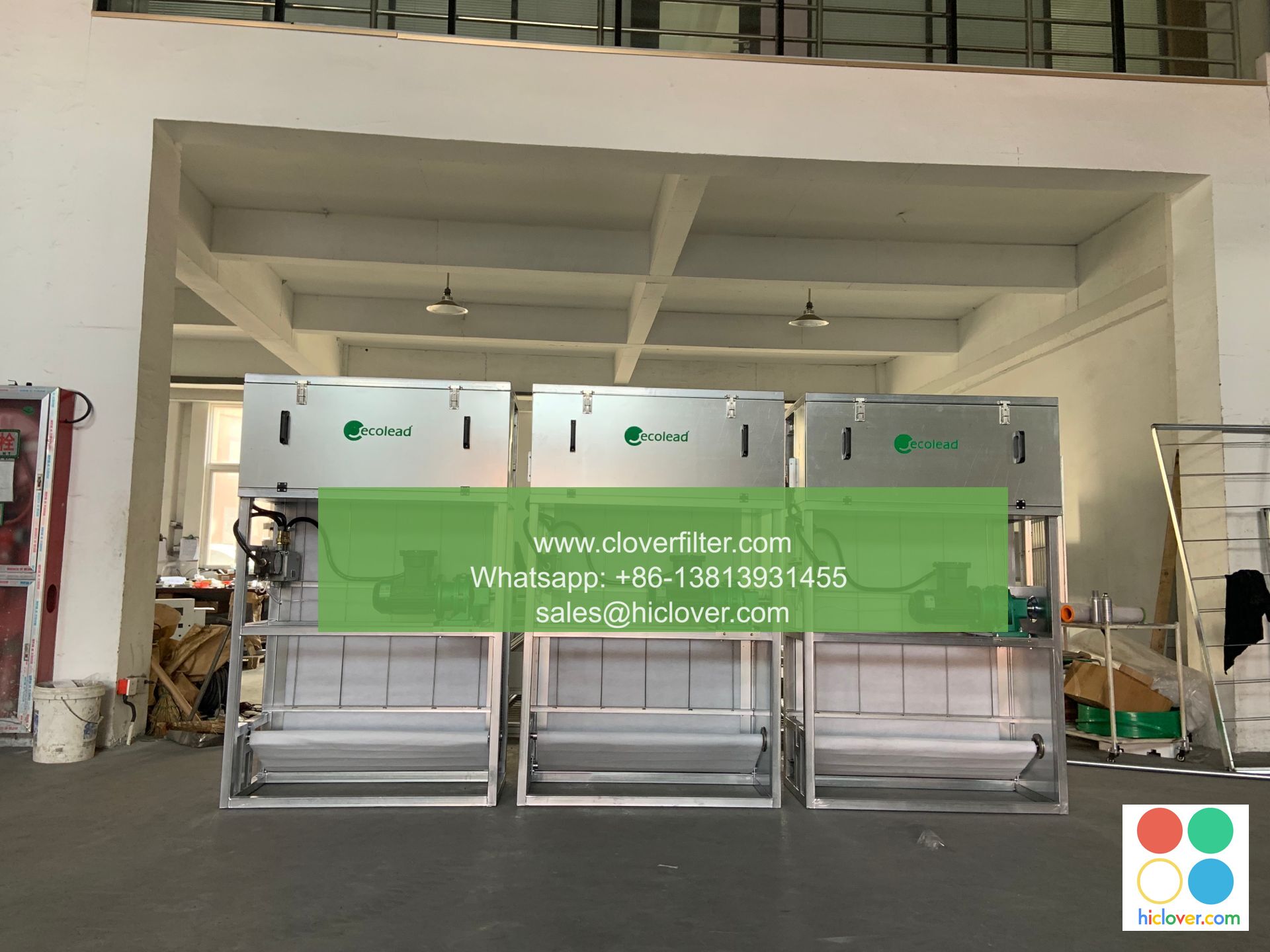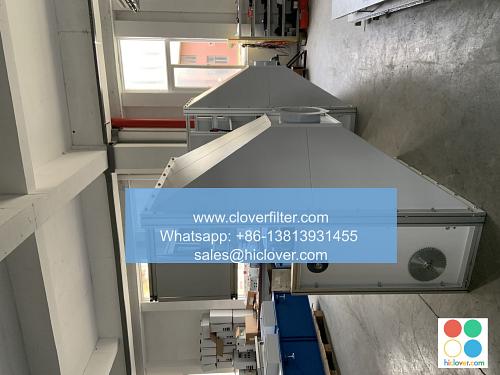Keeping it Clean: The Role of Air Filters in Food Processing

The food processing industry is a highly regulated sector that requires meticulous attention to detail to ensure the production of safe and healthy food products. One crucial aspect of maintaining a clean and sanitary environment in food processing facilities is the use of air filtration systems. In this article, we will explore the importance of air filters in food processing, highlighting various application areas and the benefits of using high-efficiency particulate air (HEPA) filters and ultra-low penetration air (ULPA) filters.
Introduction to Air Filtration in Food Processing
Air filtration plays a vital role in maintaining a clean and hygienic environment in food processing facilities. The primary function of air filters is to remove particles, allergens, and microorganisms from the air, preventing them from coming into contact with food products. This is particularly important in areas where food is handled, processed, or packaged, as the introduction of contaminants can lead to food safety issues and product recalls.
Application Areas for Air Filters in Food Processing
Air filters are used in various application areas within food processing facilities, including:
* Dairy processing: Air filters are used to prevent the introduction of bacteria and other microorganisms that can spoil dairy products.
* Bakery and confectionery: Air filters help to remove flour dust and other particles that can contaminate baked goods and candies.
* Meat and poultry processing: Air filters are used to prevent the introduction of pathogens and other microorganisms that can contaminate meat and poultry products.
* Pharmaceutical and nutraceutical processing: Air filters are used to maintain a sterile environment and prevent the introduction of contaminants that can affect the quality and efficacy of pharmaceutical and nutraceutical products.
Types of Air Filters Used in Food Processing
There are several types of air filters used in food processing, including:
* Pre-filters: These filters are used to remove larger particles from the air, such as dust and hair.
* HEPA filters: These filters are capable of removing 99.97% of particles as small as 0.3 microns, making them ideal for use in cleanrooms and other areas where high levels of filtration are required.
* ULPA filters: These filters are capable of removing 99.999% of particles as small as 0.12 microns, making them ideal for use in highly sensitive applications where ultra-high levels of filtration are required.
Benefits of Using Air Filters in Food Processing
The use of air filters in food processing offers several benefits, including:
* Improved food safety: Air filters help to prevent the introduction of contaminants that can affect the quality and safety of food products.
* Increased product quality: Air filters help to maintain a clean and hygienic environment, reducing the risk of product spoilage and contamination.
* Reduced maintenance costs: Air filters help to prevent the buildup of particles and other debris that can damage equipment and increase maintenance costs.
* Compliance with regulations: The use of air filters helps food processing facilities to comply with regulatory requirements and industry standards for food safety and hygiene.
Conclusion
In conclusion, air filters play a critical role in maintaining a clean and hygienic environment in food processing facilities. By removing particles, allergens, and microorganisms from the air, air filters help to prevent food safety issues and product recalls. The use of HEPA filters and ULPA filters offers high levels of filtration, making them ideal for use in cleanrooms and other areas where high levels of filtration are required. By highlighting the importance of air filtration in food processing, we can ensure the production of safe and healthy food products for consumers around the world.

